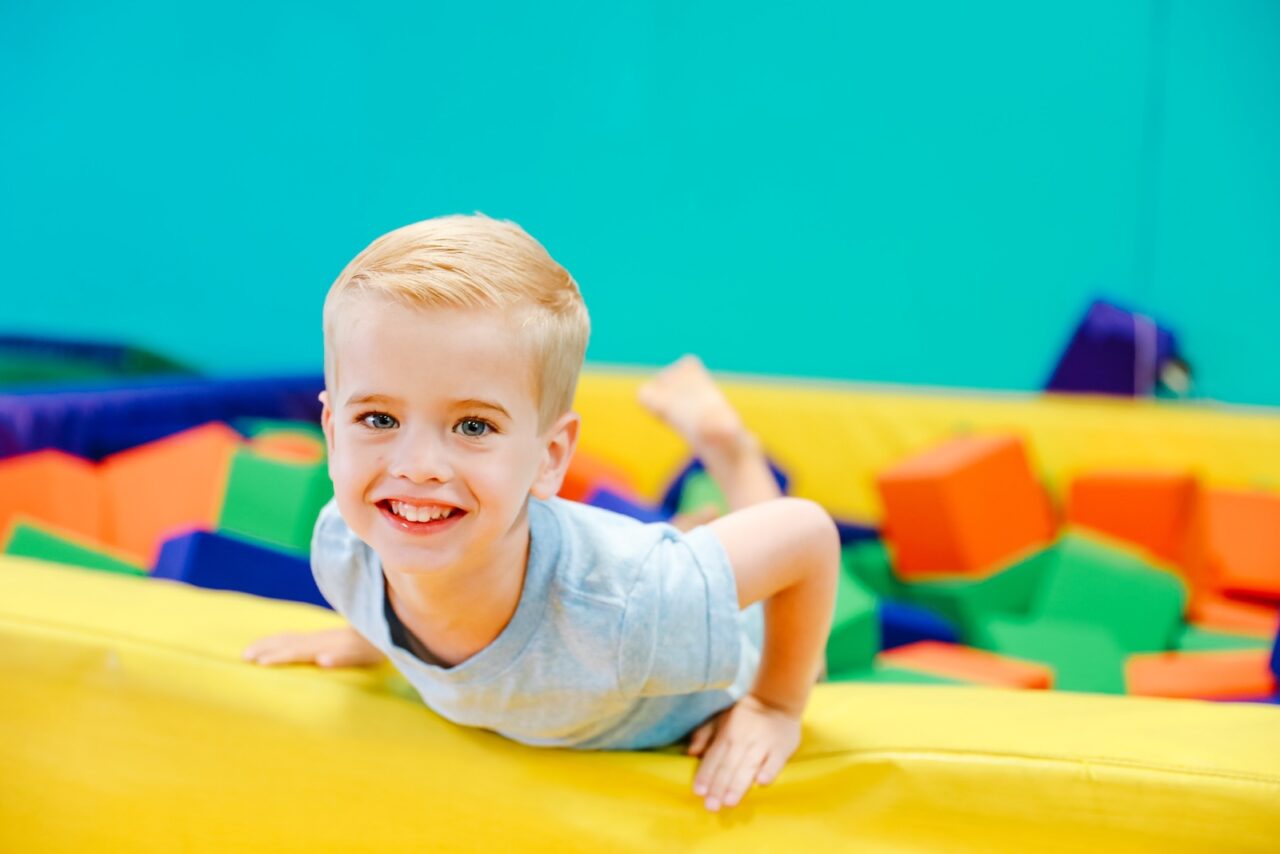
It’s safe to say that we want our kids to be emotionally strong. In a world filled with digital distractions and growing pressures, it’s more important than ever to support mental health in kids.
Physical activity is one of the most effective — and often overlooked — tools for nurturing a child’s emotional well-being.
From improved sleep to reduced anxiety, regular movement plays a key role in how children manage emotions, form relationships, and grow in confidence.
Why Physical Activity Is Essential for Kids’ Mental Health
When kids move, their minds grow stronger. Research shows that consistent physical activity boosts the brain’s ability to manage emotions, focus, and develop social skills. But how exactly does movement benefit mental health?
How Movement Works Like Medicine for the Brain
When kids move, they’re exercising more than their bodies. Here’s how movement acts like medicine for the mind:
- It increases feel-good chemicals like endorphins and dopamine.
- It reduces the stress hormone, cortisol.
- It promotes neuroplasticity, helping young brains adapt and grow.
In fact, the CDC reports that children who are more physically active tend to have reduced symptoms of depression and anxiety.
The Connection Between Physical Activity & Brain Development
Movement supports emotional balance and plays a direct role in building good mental health in kids. The right types of movement can sharpen mental focus, improve behavior, and support long-term learning outcomes.
- Activities that involve coordination and repetition (like dance or gymnastics) enhance cognitive function.
- Movement stimulates the prefrontal cortex to improve emotional regulation and decision-making.
- Structured physical play builds critical life skills like attention span and resilience.
By making movement a consistent part of your child’s routine, you’re helping them develop the mental tools they need to thrive in school, relationships, and beyond.
5 Ways Physical Activity Improves Mental Health in Kids
Now that we know the science behind the mind-body connection, it’s time to look at five specific ways that physical activity directly supports your child’s mental well-being.
1. Reduces Anxiety and Stress
Physical activity is a natural stress reliever. Whether your child is splashing in a pool or running an obstacle course, movement helps the body process excess energy and tension.
Aerobic activities like swimming or dancing help reduce stress hormones and regulate breathing and heart rate. As a result, children feel calmer, more centered, and better equipped to handle the challenges of daily life.
2. Builds Confidence and Self-Esteem
Nothing boosts a child’s confidence like achieving a new skill. Physical activities provide opportunities for children to reach small, achievable goals, like sticking a landing in gymnastics or learning a new dance move.
The encouragement they receive from coaches and peers reinforces their self-worth, while the pride of accomplishment helps them believe in their own capabilities.
3. Supports Better Sleep and Emotional Regulation
Physically active kids often sleep more soundly at night. That’s because movement helps them fall asleep faster and improves the quality of their sleep through better hormone regulation.
Children who are well-rested can better manage their emotions, concentrate during the day, and avoid mood swings. Consistent physical activity can play a significant role in feeling balanced and more mentally stable.
4. Encourages Social Connection and Reduces Isolation
Group activities like dance, gymnastics, or ninja training foster a sense of community and belonging. These programs create opportunities to collaborate, communicate, and connect with others their age in a non-academic setting.
Making friends through physical activity helps reduce loneliness and builds critical social-emotional skills like empathy, cooperation, and self-expression.
5. Promotes a Healthy Outlet for Big Emotions
Children often struggle to articulate complex emotions but can express them through movement. Physical activities offer a safe, structured way for kids to channel their feelings of excitement, frustration, or sadness.
Rhythmic exercises like dance or repetitive movements in gymnastics can be incredibly soothing for overstimulated kids, helping them reset and regulate emotionally.
What Parents Can Do to Encourage Active Habits
Supporting your child’s mental health starts at home, and it doesn’t have to be complicated.
- Schedule time each day for movement, even if it’s just 15 minutes.
- Choose activities your child genuinely enjoys (variety keeps them engaged!).
- Be a role model: Let your child see you staying active and having fun.
- Limit screen time to encourage more physical play.
Holistic Programs Prioritize Physical and Mental Wellness in Kids
At America’s Kids In Motion, we believe movement is foundational to improving mental health in kids. That’s why our programs are built around structured, supportive, and confidence-building activities like:
- Gymnastics – for strength, focus, and goal-setting.
- Dance – for expression, coordination, and self-esteem.
- Swimming – for stress relief and body awareness.
- Ninja Zone – for high-energy play that channels big emotions into skill.
Each class is designed to support your child physically, socially, and emotionally.
Explore our programs today to set your child on a path toward resilience, joy, and emotional well-being.




